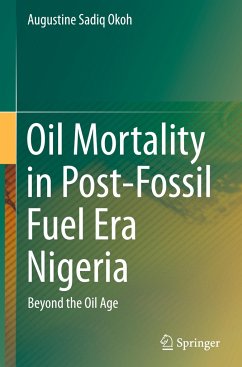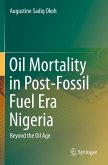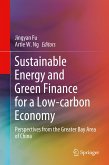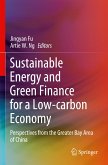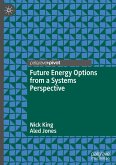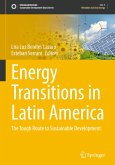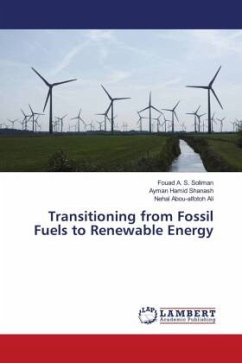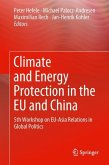This book provides an insight into the complexities of weaning Nigeria from its fossil fuels addiction while growing the economy on low carbon trajectory. Nigeria faces a carbon catch 22 with the proliferation of renewable energy alternatives and scale-up of electric vehicles. The dilemma Nigeria is confronted with is to grow its fossil-led economy or face the challenge of its fossil infrastructure becoming stranded assets. It is a roadmap for plotting an environmentally benign path out of the country's economic, social and environmental crises. This book is, therefore, a valuable resource for students, Civil Society Organizations, policymakers, academics and climate change adaptation practitioners who are interested in finding an environmentally sensitive path out of Nigeria's economic cul-de-sac fostered by the decarbonization of the global energy economy. Findings of this study will trigger a national conversation on the looming exit from fossil fuels. In doing so, accelerate theintegration of renewable energy into the Nigerian national development plan while building a carbon neutral society. Lessons learnt from the handling of Nigeria's precarious circumstance will be of immense benefit to other oil prospecting, oil producing and non-producing nations who are interested in finding an equitable way of pursuing two inversely related goals of meeting their decarbonization commitments while simultaneously growing their economies in the post-Paris era.

